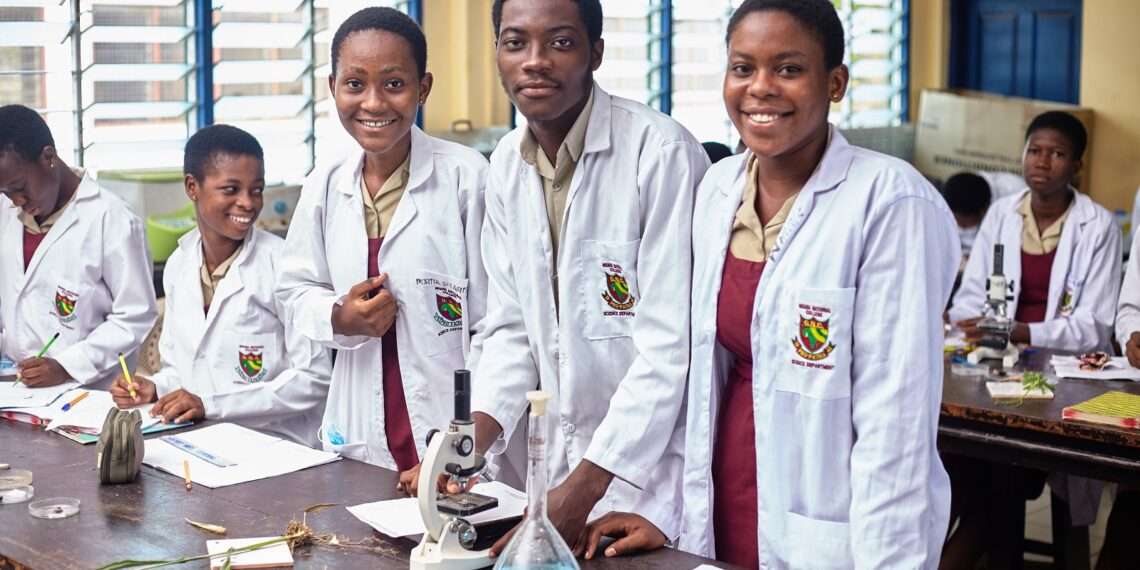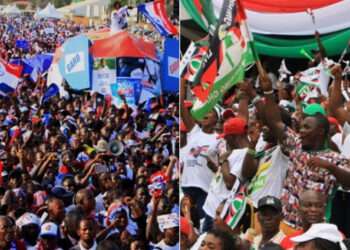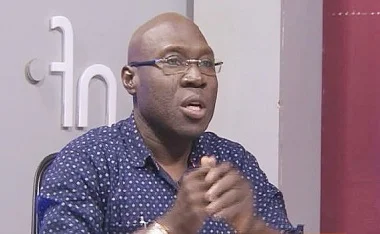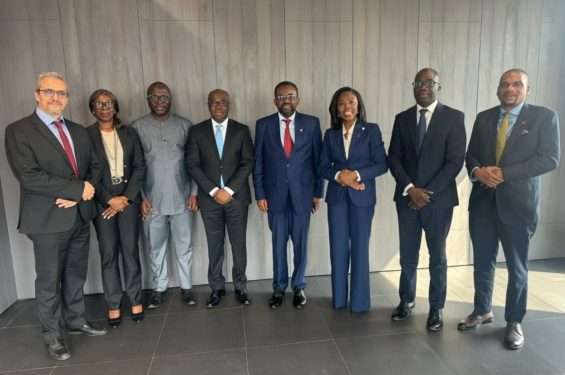The Executive Director of the Institute For Education Studies (IFES), Dr. Peter Anti Partey has advised the Minister of Education, Dr. Yaw Osei Adutwum to stop being defensive of the challenges of the Free SHS government initiative.
He indicated that rather than being defensive, the Minister must accept these challenges in order to find lasting solutions to them.
“I think one of the best ways to solve [a] problem is to accept it. The psychologist will tell you that. The first step is to admit that there is a problem and that is one of the challenges that we have had with the posture of the government in respect of this policy [Free SHS]”.
Dr. Peter Anti Partey
Furthermore, he stated that the government is experiencing difficulties in solving the various challenges associated with the Free SHS due to its refusal to admit the challenges the policy is facing.
He indicated that the government’s current posture concerning the challenges of the Free SHS policy is due to the idea that any criticism leveled against the policy is an attempt to destroy it.
Dr. Anti Partey noted that one issue with the policy is the centralized distribution of food at various schools nationwide.
He noted that the government’s failure to decentralize food distribution despite the request by the Conference of Heads of Assisted Secondary Schools (CHASS) and other institutions is unfortunate.
Moreover, He mentioned the provision of infrastructure for secondary cycle schools nationwide as a major problem impeding the success of the Free SHS.
He noted that the government must improve the infrastructure not only in Category A schools but also in other schools in districts that are well-developed to encourage enrollment in such schools.
“As President Kuffour did, we target some of the schools, and we improve the infrastructure to a level that the congestion in category A schools will reduce”. – Dr. Peter Anti Partey
Basic Education Poor
Meanwhile, Dr. Peter Anti Partey challenged the Minister of Education on his assertion that education has improved at the basic level.

He noted that data from the Ministry of Education clearly indicates that there are major challenges with Ghana’s basic education, a major one being the current teacher-to-student ratio.
“The provision of desks, the nature of infrastructure specifically looking at the building that the students are supposed to have that kind of education in, to the provision of textbooks and a whole lot. Especially this time that we are doing ICT, the schools do not have ICT labs”.
Dr. Peter Anti Partey
Moreover, Dr. Anti Partey indicated that the majority of schools do not have libraries, emphasizing that basic needs like libraries and textbooks are supposed to be input for quality education.
He stated that a survey by Ghana Statistical Service (GSS) indicated in 2023 that 26% of rural communities in Ghana do not have access to any form of basic education, thus, Kindergarten Primary or Junior High School (JHS).
He noted that the data from the GSS also showed that 6% of urban cluster communities do not have all forms of basic education. He indicated that while some of these communities have kindergarten and primary they do not have JHS and vice versa.
Furthermore, he noted that the constant strike actions taken by teachers are also affecting the quality of education at the basic level.
He advised the government to meet the needs of teachers to put an end to their endless strike actions. He emphasized that it is impractical for the government to wait until teachers proceed on a strike action or threaten to strike to meet their demands.
As such, Dr. Anti Partey noted that Ghana’s education system needs to be reviewed in other to provide practical solutions to challenges at the various levels of education.
READ ALSO: Musician Speaks Against 2024 ‘Dumsor’ Under Nana Addo-Bawumia Administration





















